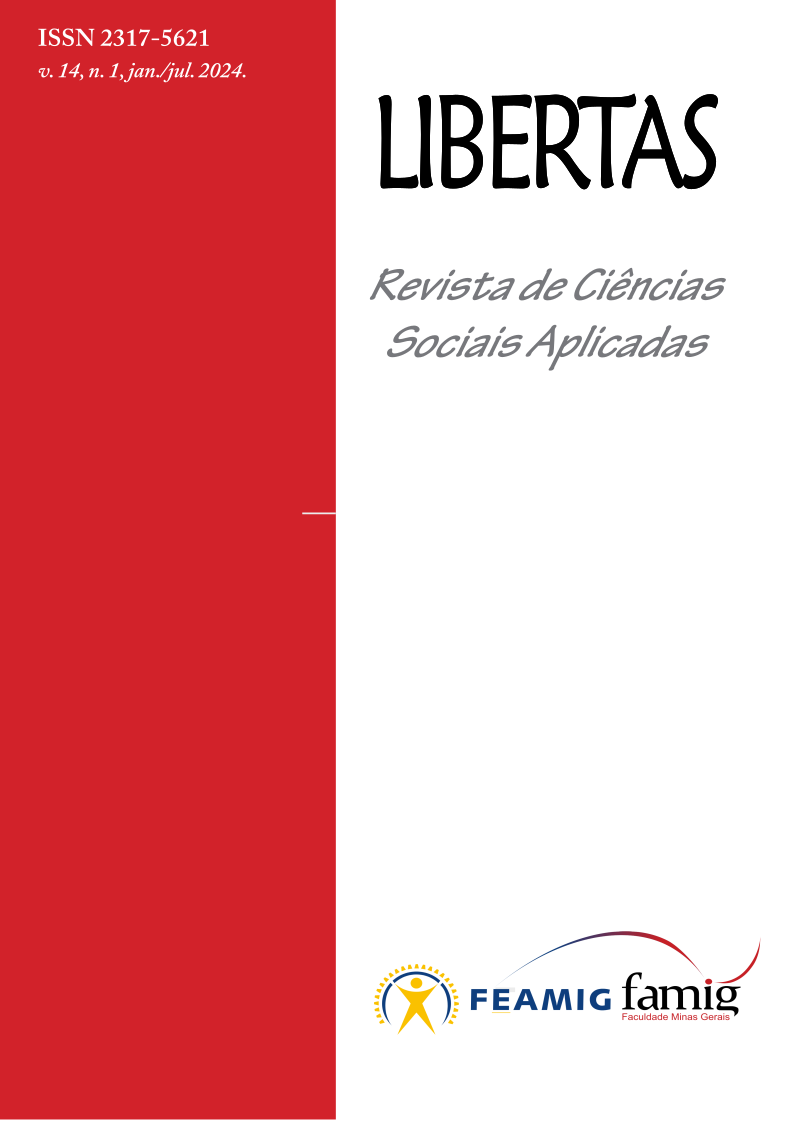Discriminação algorítmica racial e direitos humanos no uso de inteligência artificial
impactos do PL 2.338/2023
Palavras-chave:
algoritmo, cidadania, direitos humanos, inteligência artificial, racismoResumo
O preconceito racial ainda está presente na realidade brasileira, infelizmente, e por causa dessa conduta discriminatória a programação de algoritmos usados por Inteligências Artificiais sofre uma influência negativa em alguns casos. A gravidade da atual situação do tema no país foi tema de debate em evento realizado no mês de maio de 2024 pelo Núcleo de Informação e Coordenação do Ponto BR - NIC.br, órgão ligado ao Comitê Gestor da Internet no Brasil. A pesquisa aqui relatada tem levantado informações e analisado documentos recentes sobre as tentativas de se oferecer maior segurança e respeito às pessoas nas redes sociais, notadamente grupos mais vulneráveis. Descreve e avalia o Projeto de Lei 2.338/2023, que propõe um Marco Legal sobre Inteligência Artificial para o país, em consonância com o que já foi feito pela União Europeia, primeira no mundo a criar norma sobre o tema. Logo, diante do problema da falta de regulamentação adequada, ofensas e vieses discriminatórios podem continua a ocorrer. O objetivo do artigo é analisar o potencial impacto da legislação proposta, em paralelo à necessidade de respeito e inclusão defendidos pela Constituição Federal de 1988 e a Agenda 2030. Tem-se por marco teórico o princípio da dignidade humana, como explica Ana Paula Barcellos, e a análise de Tarcízio Silva sobre racismo algoritmo. Usou-se o método dialético (percebido-concebido-vivido) para desenvolver a pesquisa e a técnica de estudo comparado entre legislações, além da revisão documental. Conclui-se que há lacuna normativa sobre racismo algorítmico no Brasil, prejudicando a dignidade humana desses grupos vulneráveis.





